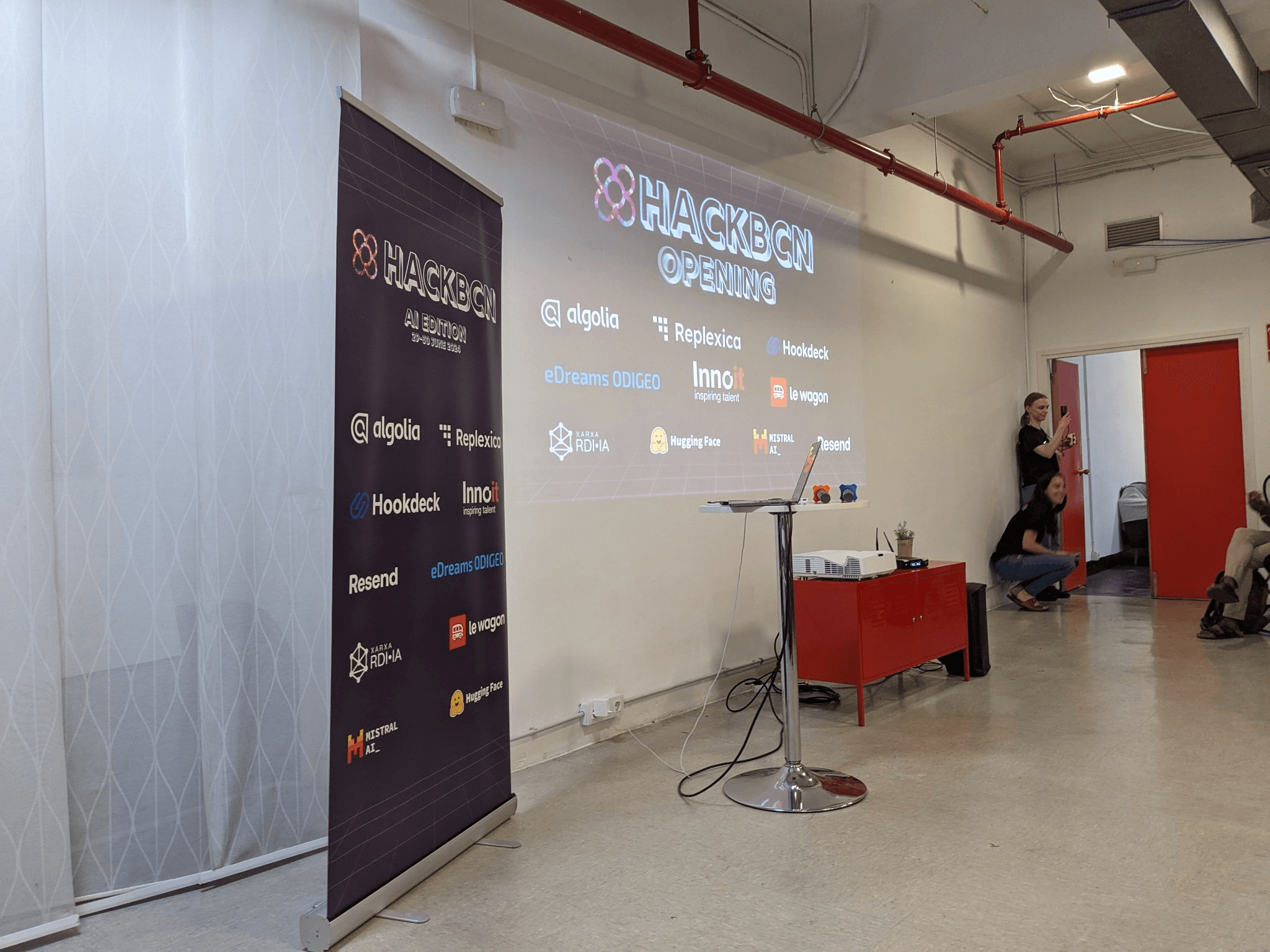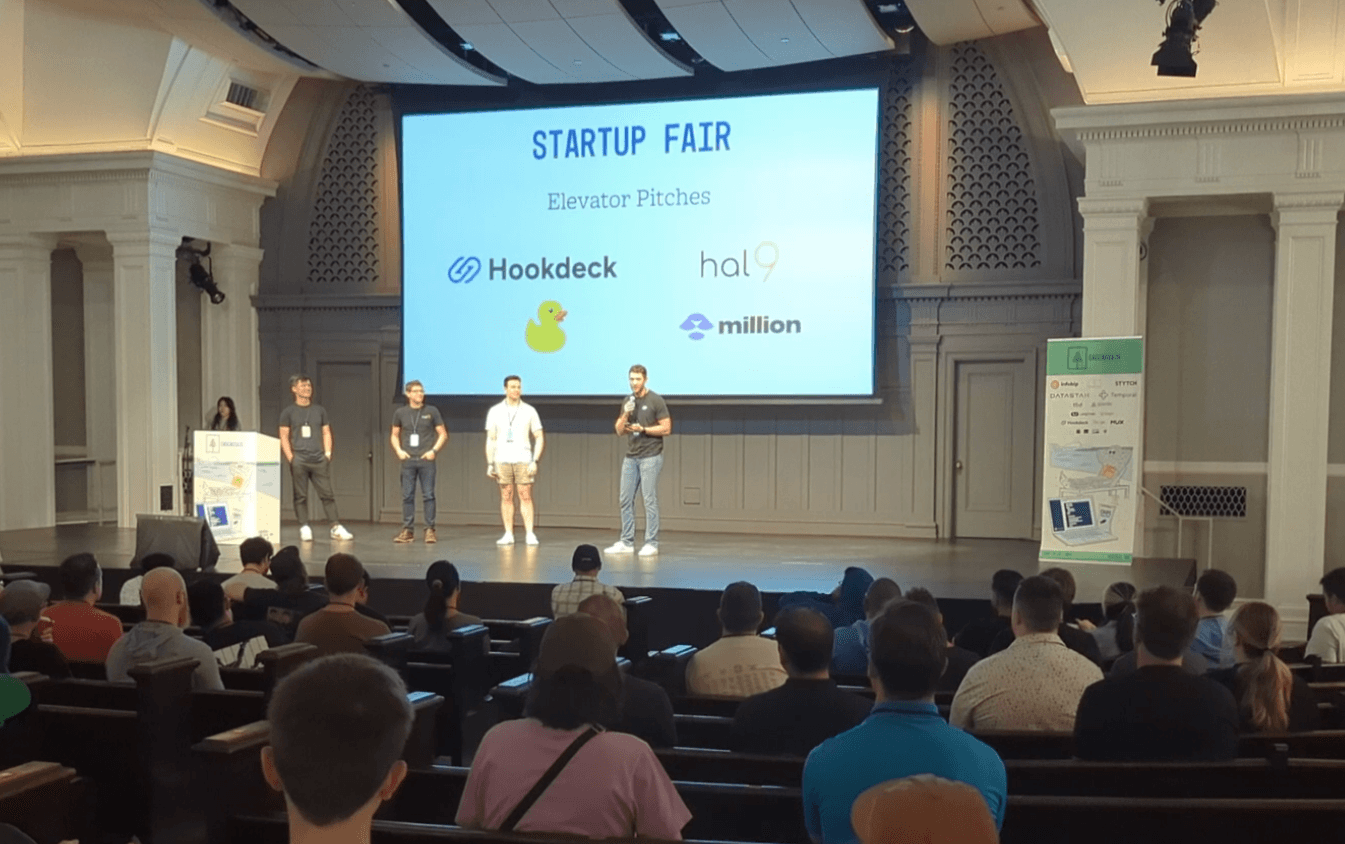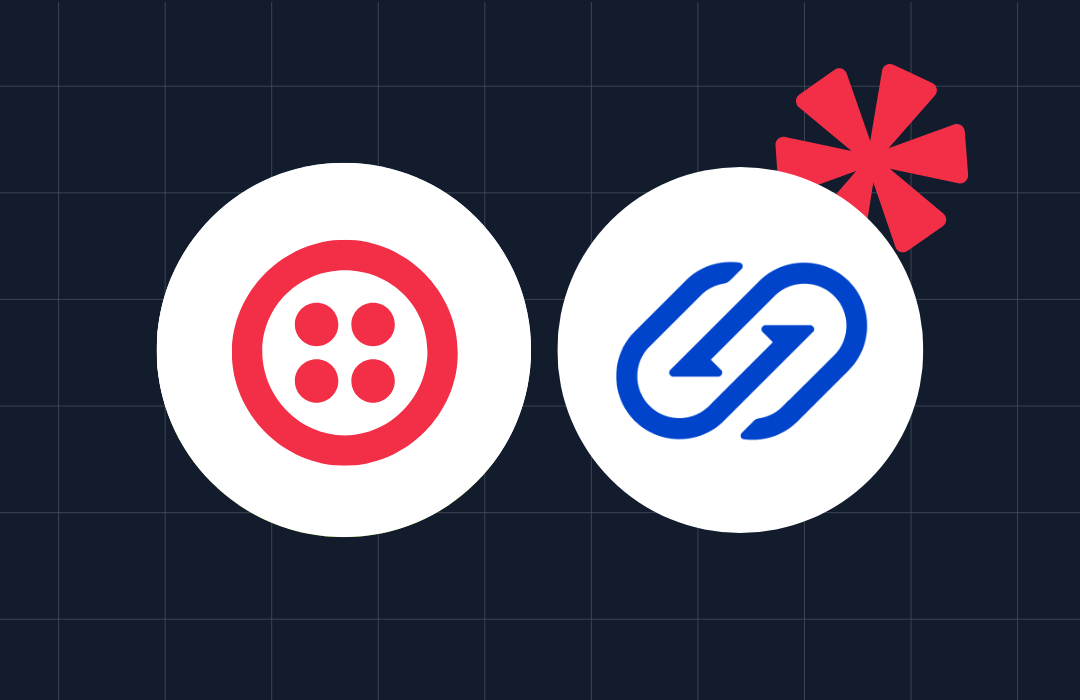Hookdeck Review: June 2024

Welcome to the Hookdeck Review for June 2024.
Here's what we've been up to in June.
Beyond search: Ask AI in the Hookdeck docs
We recently updated the search functionality within the Hookdeck docs to include a new feature called Ask AI. This feature allows you to ask any question about Hookdeck, and even other services, and have AI generate the answer for you. You can even use this to help you generate guides.
Try for yourself now. Head to the Hookdeck docs, click Ask AI, and generate your guides.
The Hookdeck search and Ask AI is powered by Inkeep.
Tutorial: Secure and Scalable SMS Realtime Voting with Hookdeck, Twilio, and Supabase
This tutorial over the on the Twilio blog covers updating a Next.js + Supabase realtime voting application to support:
- 🔐 Phone number verification
- 💬 Voting via SMS
- ✅ Guaranteed at least once webhook delivery
The general idea is that adding voting via SMS significantly increases accessibility and the number of people who can engage with the poll. And to support voting at scale you need a reliable queuing mechanism.
In addition to Next.js and Twilio, the tutorial covers Postgres DB functions, React Hooks, Tanstack Query, and Supabase Auth.
Hookdeck is used as a secure and reliable gateway and message broker to ingest the SMS webhooks, verify they are from Twilo, filter payloads based on the message body having the correct format, transform the payload, and deliver the webhook to the application. During development, the Hookdeck CLI is used as a localtunnel, and the logging and replay Hookdeck functionality is a big help during the development process.
👨🏫 Read the Secure and Scalable SMS Realtime Voting with Hookdeck, Twilio, and Supabase tutorial.
In addition to the tutorial, the code is available on GitHub, and a live demo has been deployed to Vercel for folks to try out:
- 🕹️ Demo: supapoll.com
- 💾 Repo: github.com/hookdeck/supapoll
Hookdeck in the community
We supported a couple of community events in June:
HackBarna - AI Edition
We supported a Hackathon in Barcelona, Spain, called HackBarna - AI Edition. The event was a 48-hour hackathon where participants worked on projects that used AI to solve real-world problems. We were particularly interested in seeing solutions with asynchronous AI use cases.

Credit to Pol Avec for the image.
Three of the hacks that used Hookdeck stood out:
🤖 Eloquent AI
Team: Luken Ignacio Quintana, Diego Merchán, Andrés Merchán
Tech stack: Mistral AI, Langchain, Resend, Replexica, Chainlit, Apify, Hookdeck and Pinecone
Hookdeck was used as a serverless queue to connect Replixica to Resend.
Hermes is a Virtual Assistant that uses generative AI to answer questions about migrating to Barcelona and integrating into its multicultural community. It processes data from the Ajuntament de Barcelona Migration Services web platform to provide updated and official information in simple natural language.
🤖 Travel Song
Team: Matias Martinez, Manel Palacín Díaz, Eyuel Muse
Tech stack: LlamaIndex, Ollama, MistralAI, Flask, Streamlit, MongoDB, Pinecone, eDreams API, and Hookdeck
How they used Hookdeck to asynchronously integrate with eDreams API and other APIs in the future.
LLM monetisation focuses mainly on charging for API use (e.g. OpenAI APIs), chatbots, and search (e.g Perplexity). However, LLMs have the capability to make sense of text and understand the intent behind it. Travel Song want to use this capability to exploit an untapped source of data for personalized ads. This source of data is the songs we listen to on streaming platforms.
🤖 Level Access
Team: Eleanor Pitcher, Dora Morolli, Ditsuhi Iskandaryan
Tech stack: ReactJS, Javascript, Pytorch, Python, Flask, Replicate, LLaVA, SQL Alchemy, Google Colab, Hookdeck
Using AI-powered image analysis, Level Access aim to provide accurate accessibility information for locations in cities worldwide. The platform allows users to search for shops, bars, restaurants, and more in Barcelona, and our AI model generates a probability (%) indicating the accessibility for wheelchair users. The model analyzes images of the locations and considers factors such as steps, lighting, wheelchair ramps, and more to determine the accessibility level.
There's also a list of all hack projects.
CascadiaJS 2024
We went to Seattle to support CascadiaJS 2024. CascadiaJS is a conference for web developers in the Pacific Northwest. The event is a fanstastic community events which focuses on JavaScript and web technologies.

TypeScript and Go SDK releases
The Hookdeck SDKs have been deprecated
Both releases include Source verification support added for:
- Discord
- Vercel Log Drains
- Vercel
- Tebex
- Slack
- RazorPay
And include a breaking change:
- Query functions that previously took a single element parameter (e.g. string) will now also accept an array (e.g. string[]).
That's it for the June review.
Don't forget to get in touch with any questions, share your thoughts on Hookdeck, or let us know what you're building.
